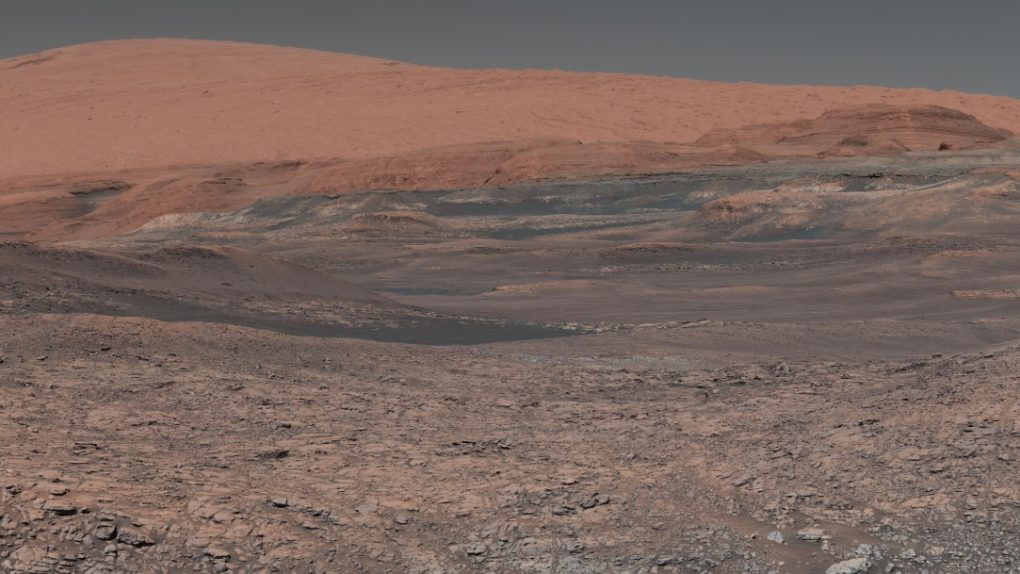NASA sent the InSight robot to Mars with a number of objectives in mind. Since its time on the planet, the robot has become the first Martian weatherman and done its best to jam its probe into a Mars hole that just isn’t cooperating. It’s also been listening intently to the inner workings of the planet, which is largely why it carries the “InSight’ moniker, and NASA just shared some of its biggest findings with the world.
InSight’s sensitive instruments can listen in to the rumbles happening deep below the Martian surface. Detecting so-called “Marsquakes” isn’t easy, but scientists have gotten pretty good at separating true Marsquake signals from other data that might be the result of wind or other environmental quirks.
Earth has a lot of seismic activity, and with Mars already appearing so Earth-like, scientists wanted to know if Mars had a similar personality. As it turns out, Mars does indeed like to shake from time to time.
NASA’s Jet Propulsion Laboratory explains:
Mars trembles more often – but also more mildly – than expected. SEIS has found more than 450 seismic signals to date, the vast majority of which are probably quakes (as opposed to data noise created by environmental factors, like wind). The largest quake was about magnitude 4.0 in size – not quite large enough to travel down below the crust into the planet’s lower mantle and core. Those are “the juiciest parts of the apple” when it comes to studying the planet’s inner structure, said Bruce Banerdt, InSight principal investigator at JPL.
Understanding what’s happening deep within Mars can help researchers paint a clearer picture of its origins and lengthy history. If we think that Mars was once a lot like Earth, seeing the remnants of Earth-like features makes a lot of sense. Mankind seems determined to explore Mars in person sooner rather than later, and while it doesn’t seem like those first travelers will have to deal with Marsquakes as a danger, the more information we have, the better those early missions are likely to go.








